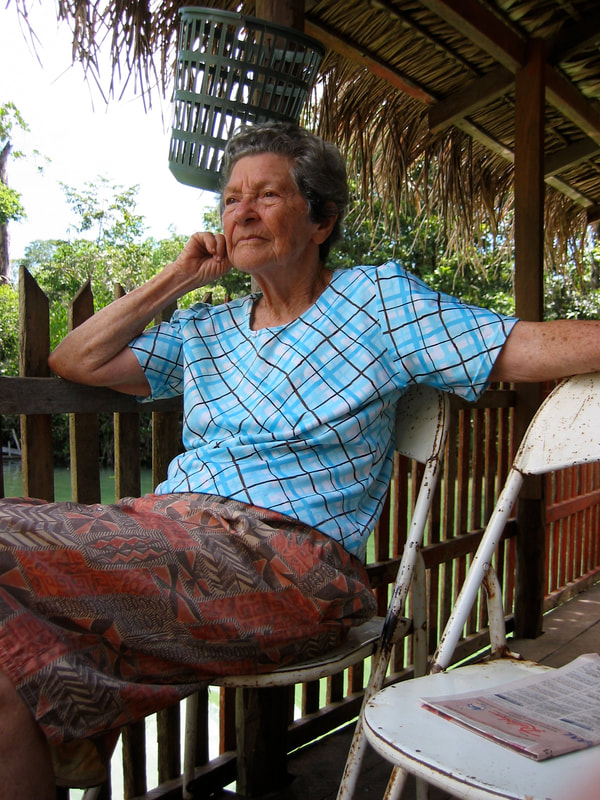|
I expect that this is going to be a process. I plan to write about the ideas that come up the way I do in my journal, and make it public in case they are of help to anyone else. I’ve written a few textbooks in the last couple of years and will try to stick to the approach of eliminating non-essentials and keeping it brief. I may be writing an autobiography on the side, along with maintain a gratitude diary.
One of the books that influenced me the most last year was Richard Koch’s “The 80/20 Principle: The Secret to Achieving More With Less”. It provided the theoretical foundation for much of what I’d been putting together intuitively. Here are the “directives” that I compiled—distilling down the things that he advises the reader to do, so you can get the meat of it without having to read all the stories and philosophy behind them. One of the lovely exercises he suggests is to determine what makes you the happiest, and then to spend more time doing that in a metaphorical place he calls your “Happiness Island”. I decided what I especially wanted to do more of is to create soothing and reassuring music. Since then I read Seth Godin’s “The Practice: Shipping Creative Work” which made me look at what I was doing as more of a vanity project. The reason I abandoned producing new age jazz folk bossa nova electronic instrumental experimental music in my home studio was that I didn’t see a way to support myself with it, and that society didn’t owe me a living to park myself in the optimal position between two loudspeakers to enjoy my discoveries. I think this year I’ll be combining the two perspectives and will try to do something that I love to do, while creating something that can help other people. Another piece of the puzzle that fell into place recently was the decision to adopt Seth’s format from “The Practice”—short entries that individually that seem suited to releasing along the way as blog posts. Maybe someday I’ll circle back and organize and repackage a collection. I might use a framework that Taylor told me about called “Motivational Interviewing”, and put it into a rough order suitable for whatever stage the reader is in as they face the prospect of change in their life:
Please forgive me if this writing is not polished and becomes repetitive. My grandmother used to tell me “Stop me if I’ve told you this story already.” I never did. The stories that I remember about her life on the frontier are the ones she told me many times. There’s bound to be a lot of rehashing of the same ideas in different words. Get healthy. Spend time with the people you love. Eliminate the non-essentials to make space for success. Do the right thing. Serve others. Be kind. Work towards your goals, knowing that they aren’t going to make you a lot happier when you achieve them over where you are now. Use your time wisely and make every day count. Pay as you go. Make stuff. Improve things.
0 Comments
This blog is dedicated to my my mother in law, Oneide Malcher de Oliveira. I asked her once what her favorite decade in life was. She said that, if you’ve got your health, that the 60s are the best, since the kids have grown up and you’ve got time to relax a little and enjoy life. She continues to inspire me with her stoical attitude. I would like to thank two other people that helped launch the project: my therapist, and my son. I was telling Taylor Stevens about how I’d started to use the stopwatch on my cell phone to log the minutes that I was spending on my “Happiness Island”, the way that other people use a Fitbit to count their steps, with the goal of getting up to at least 120 minutes a day doing what I love to do. He said that I should write a book about my journey to happiness and the changes I’ve made in the last two years. I told him I like writing books but that I don’t know how to sell them, and he said then I should just write it for myself. The next day I told my son about how I’m using the stopwatch on my cell phone to log the number of minutes I spend a day on my Happiness Island, the way that some people use a Fitbit to count how many steps they take a day. He said I should write a book about that and the other life hacks I’ve assembled. I told him I like to write books but that I don’t know how to sell them, and he said then I should just write it for myself. This coincidence suggested that maybe there could be something of value here, and I decided to give it away for now in the form of a blog. I decided to do it on the Lovely Thinking website, since the mission here is to create and curate inspired ideas. I hope that you find something that you can use to make your life more enjoyable and rewarding.
|
AuthorI'm wound up and winning, and hope that some of these suggestions may contribute to your happiness. ArchivesCategories
All
|

 RSS Feed
RSS Feed